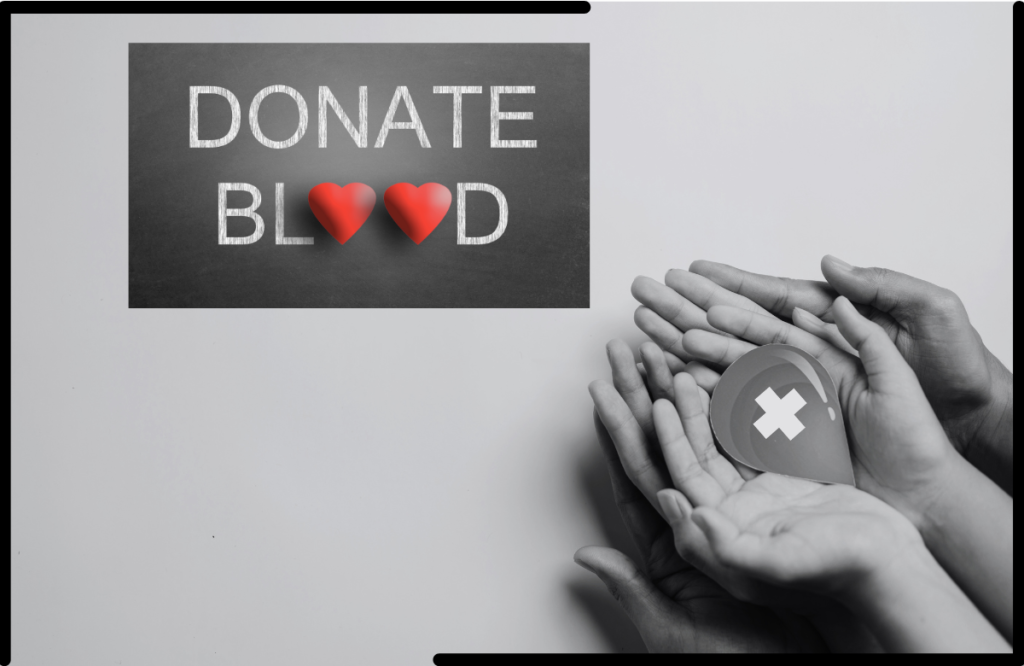| Spirit |
If you’re looking for a giving idea that is easy, doesn’t take up a lot of time, and has a profound, life saving impact, donating blood may be for you.
How I Became a Blood Donor
Many years back, I lost a lot of blood due to a miscarriage. It’s hard to fully describe the feeling of not having enough blood. It was scary and painful. I felt almost like I was suffocating, and I couldn’t quite function until I passed out. I didn’t have to have a blood transfusion, but it was a possibility, as I was almost to that point. After I recovered, I thought to myself that I should donate blood. Life got busy, and the idea faded. Fast forward some years later, and I was walking my dog past a church one morning and saw a sign asking for blood donations later that day. My memories came back, and I donated. Not long after donating, I received a postcard letting me know I had helped a patient with cancer. It was a pretty great feeling. Since then, I have continued to donate.
Positive Impacts of Donating Blood
As of the time I’m writing this, there is a critical need for blood donations. The following are different examples of patients impacted and in need of help through blood donations.
- Cancer patients
- Trama patients
- Sickle cell patients
- Burn patients
- Patients with chronic diseases
How to Donate
Red Cross makes donating blood very easy. Visit them at https://www.redcrossblood.org/. There you can type in your zip code and sign up for a blood donation near you. Their website also has a lot of good information if you have questions.
What to Expect
The process takes about an hour out of your schedule, and you are only able to donate every eight weeks. So, it’s a very small commitment with an enormous impact. You’ll start by registering and will need to show your driver’s license or two other forms of ID. You can even get a donor card to make the process easier. Then you’ll be asked some personal questions, followed by having your temperature, hemoglobin, blood pressure, and pulse checked to make sure it’s safe for you to donate. If you are cleared to donate, it takes about ten minutes to complete the donation while you lay back and relax. After, you will need to stay for about ten to fifteen minutes to recuperate. Finally, you can leave and continue on your normal activities.
Tips for Before and After You Donate
- Drink extra water before and after you donate.
- Make sure you’re well rested.
- Eat a healthy meal before you donate.
- Before and after, eat iron rich foods such as dark leafy greens (i.e. spinach, collards, and kale), legumes, sweet potatoes, dried fruit, nuts, and seeds. Red Cross has a comprehensive list of iron rich foods at https://www.redcrossblood.org/donate-blood/blood-donation-process/before-during-after/iron-blood-donation/iron-rich-foods.html.
- Wear a top that allows easy access to your arms above your elbows.
- After you donate, avoid heavy lifting and strenuous exercise for the rest of the day.
Do you already donate blood? If not, do you think you might give it a try?
